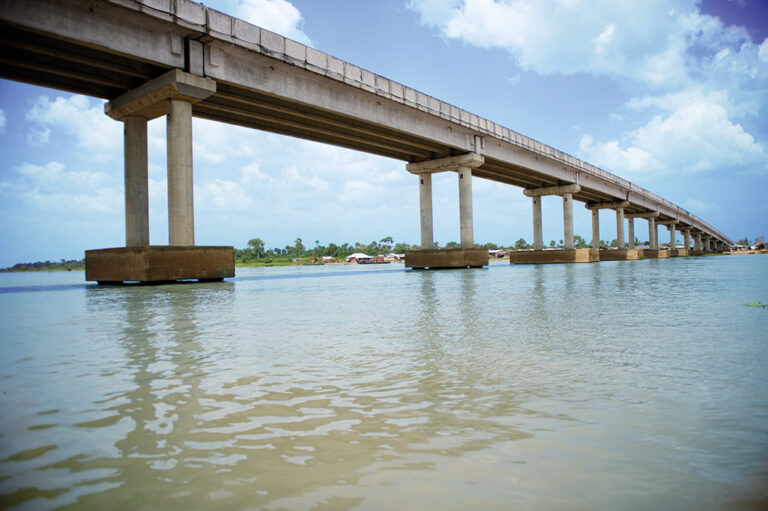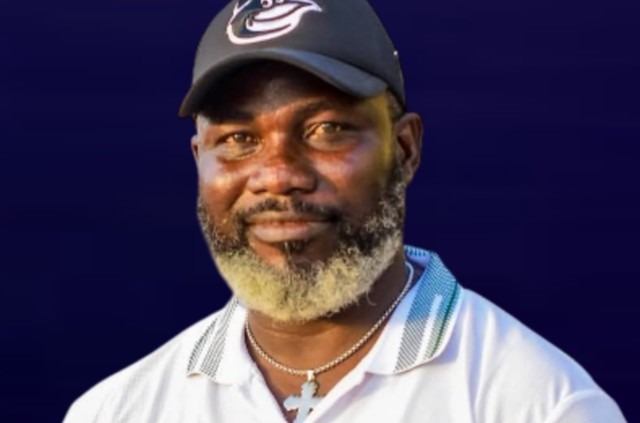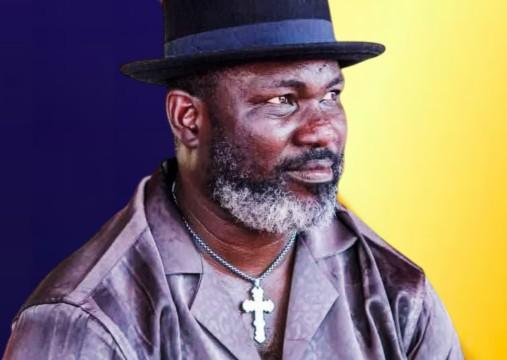MINISTRY OF RIVERINE INFRASTRUCTURE: Not Yet Uhuru for Coastal Dwellers By Abai Francis

The recent appointment of Chief Ebikeme Clark, son of a former minister of information and elder statesman, High Chief Edwin Kiagbodo Clark, as Commissioner for the newly created Ministry of Riverine Infrastructure by the Delta State Governor, His Excellency, Rt. Hon. Sheriff Oborevwori, has been generating commendations from stakeholders in the riverine communities of the state.
The creation of the Ministry of Riverine Infrastructure, which is aimed at addressing the developmental needs of the riverine communities in the state, is indeed a commendable one and is coming at a time the clamour to bridge the wide gap between the rate of infrastructural development of the urban areas with that of the coastal areas has been growing. The poor attention given to the development of the riverine areas has been brewing disaffection among Deltans that inhabit the oil-rich coasts as they feel shortchanged.
This position was attested to by the newly appointed Commissioner, Chief Clark, in a chat with the press, when he disclosed that the creation of the Capital Development Authority (Asaba) and the Warri/Uwvie Development Authority by the former governor, Sen. Dr. Ifeanyi Okowa, made the people living in the riverine areas to feel shortchanged and being forgotten on matters of infrastructural development.
On the poor state of development, it is no longer news that the riverine communities in the state, where major crude oil exploitation and exploration activities take place, is lacking in basic and advanced infrastructures despite these areas' huge contributions to the economic livewire of both the state and the federal government by way of oil revenues. Till date, riverine communities continue to suffer from the lack of roads, bridges, potable water, non-connection to the power grid, among several other basic and advanced infrastructures.
The creation of the Federal Government agency—the Niger Delta Development Commission, NDDC; the state's Delta State Oil Producing Areas Development Commission, DESOPADEC; and a creation of platforms such as the definct Egbema Gbaramatu Communities Development Foundation, EGCDF, by Chevron Nigeria Limited and its joint venture partner, the Nigeria National Petroleum Company Limited, NNPCL, among a host of oil companies that operate in the riverine areas, have all failed to adequately address the issue of infrastructural deficit in riverine communities.
The aquatic terrain of the riverine areas has often been adduced as reason for the slow pace of infrastructural development in riverine communities due to the high cost associated with building the needed infrastructures. However, another reason that could also be attributed to the lack of adequate infrastructures in most riverine communities include wide-scale corruption in contract awards, their monitoring and execution, which lead to poor project execution, abandonment as well as poor maintenance of completed ones.
Now that the Governor Oborevwori-led administration has created the Ministry of Riverine Infrastructure, which is a commendable move as earlier stated, however, the question remains that what guarantee does the riverine communities have that this ministry will not go the way of similar existing government agencies like the NDDC, and commission like DESOPADEC whose delivery of infrastructures has failed to meet the yearnings of dwellers of riverine communities?
While one key issue as expressed by the Bayelsa State Commissioner for Ijaw Affairs, Chief Godspower Oporomo, is the need for the state government to adequately furnish the ministry with enough budgetary provisions to enable it carry out its mandate to the littoral communities, another prominent proposal as offered by the National Coordinator of the Center for Peace and Environmental Justice (CEPEJ), Chief (Comrade) Sheriff Mulade, is that Governor Oborevwori should transit the ministry into a statutory one so as to permanently affix it as part of government's key responsibility, not just a temporary one.
The proposal of making the Ministry of Riverine Infrastructure statutory is hinged on the fact that the development of riverine communities is not a one-off exercise, but a continuous process that will outlive every administration as long as the state exists. Moreover, making it statutory is necessary going by the huge contributions of riverine communities via the oil and gas sector to the economic live wire of the state. This will also help to build the people's confidence in the government, reduce tensions in the riverine communities (often with companies) and help to improve the state's ease of doing business thereby attracting more investors into the area.
But asides the provision of funds and making the Ministry statutory, there are also concerns on the capability of the head of the ministry. Whether Chief Clark is qualified to man that Ministry remains to be seen in the months ahead. This area is very crucial, in that the Ministry of Riverine Infrastructure is one that should be manned by someone with versatility and the drive to proffer sustainable innovative solutions to existing challenges bedeviling riverine communities. Possessing the right vision is also crucial to the success of the Ministry. As such, politicising appointment to such a Ministry should be avoided inorder not to defeat its aim in the first instance.
I wrap up this piece with the popular saying, "To whom much is given, much is expected." And so, asides birthing the Ministry of Riverine Infrastructure, the Governor Oborevwori administration should also demonstrate the zeal that his administration means well for riverine dwellers by doing the needful.
#penglobaldiscourse #Delta



